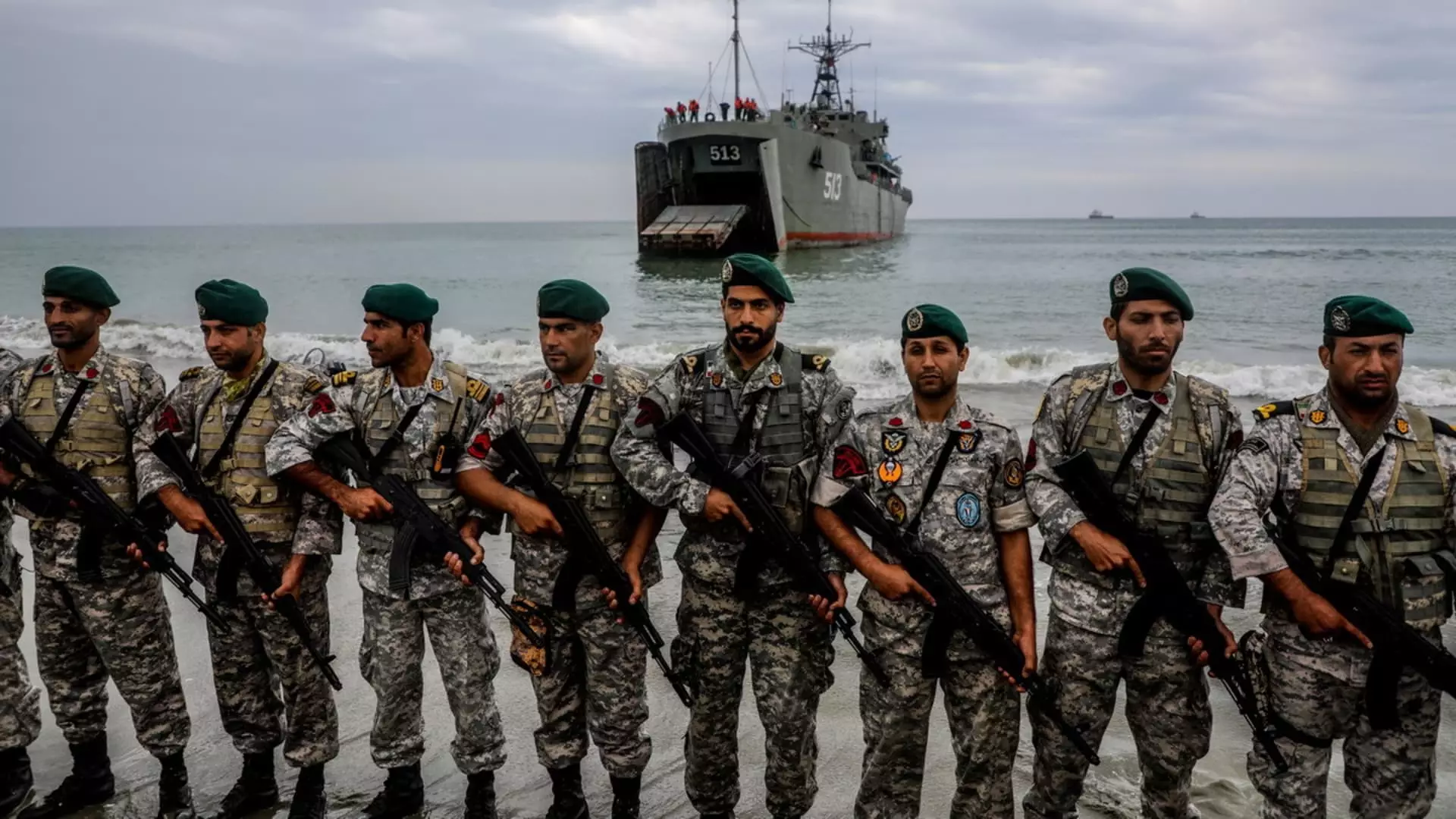The ongoing conflict between Iran and Israel has once again escalated, with both nations engaging in attacks and threats against each other. This latest episode saw Israel launching a “limited military strike” on Iran, further exacerbating the tension in the region. The conflict had its origins in the bloody Israel-Hamas war in Gaza, which has been ongoing for seven months now. The involvement of Iranian-backed militant groups such as Hezbollah and Houthis, along with Israel’s retaliations, has only added fuel to the fire.
The recent attacks have not only triggered a military response but have also impacted the global economic scenario. Market reactions were swift, with oil prices jumping more than 3% and U.S. stock futures falling. The fear of a wider Middle East war looms large, as both Iran and Israel vow forceful responses to each other’s strikes. The possibility of a full-blown conventional war is a cause for concern, given the devastating consequences it could have on both sides and the Middle East as a whole.
The involvement of external players, particularly the United States, is crucial in determining the scale of the conflict. While the U.S. has pledged its unwavering support to Israel, President Joe Biden has made it clear that the country will not participate in offensive military operations against Iran. This stance adds another layer of complexity to the situation, as the balance of power in the region hangs in the balance.
Experts have differing opinions on whether the recent attacks signify an all-out war or merely calibrated retaliation strikes. While some believe that the conflict has escalated to a new level, others argue that the nature of the attacks indicates a level of restraint. The Israeli strike on Iran and Tehran’s telegraphed response to Israeli attacks suggest a carefully orchestrated exchange rather than an immediate plunge into wider conflict.
Despite the restrained nature of the recent attacks, the risk of a serious conflict remains high. Any miscalculation or misstep could result in a full-blown war, given the multitude of actors involved in the conflict. The cycle of escalating moves and counter-moves poses a critical question: At what point will the parties decide to step back from the brink and seek de-escalation? The ball is now in Iran’s court, and the decision not to respond could be crucial in preventing further escalation.
The conflict between Iran and Israel continues to be a volatile and complex situation with significant implications for the region and the world. Both nations must exercise caution and restraint to avoid a catastrophic escalation that could have far-reaching consequences. The role of external factors, particularly the United States, adds another dimension to the conflict, underscoring the need for diplomatic solutions and de-escalation efforts. It is imperative for all parties involved to prioritize dialogue and peaceful resolutions to prevent further bloodshed and instability in the Middle East.


Leave a Reply